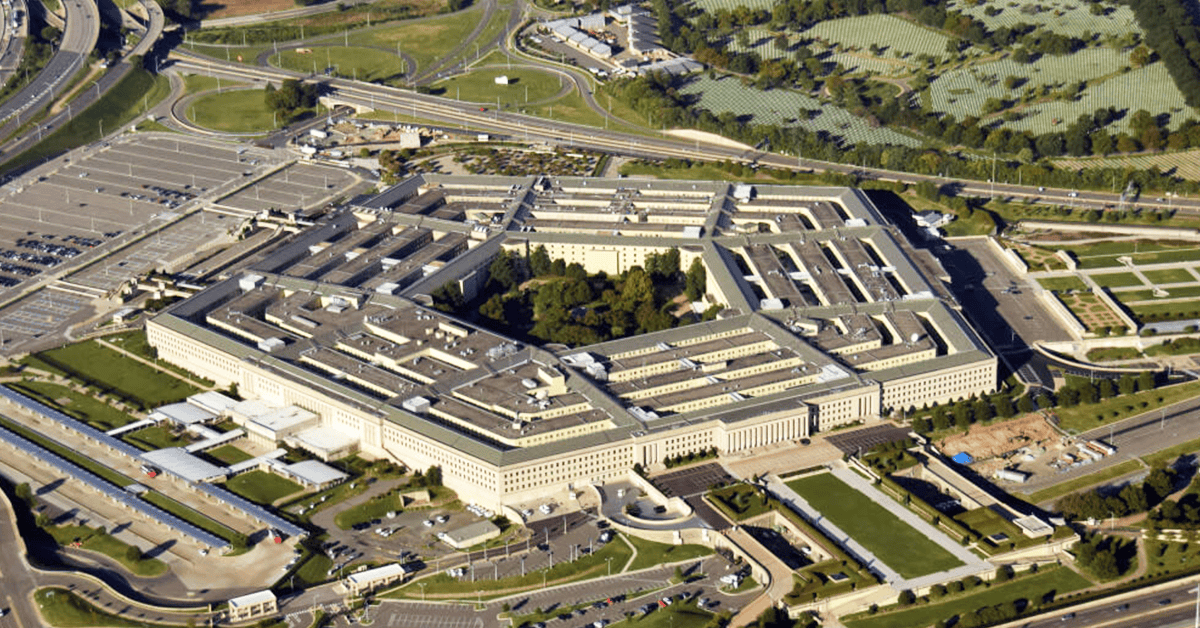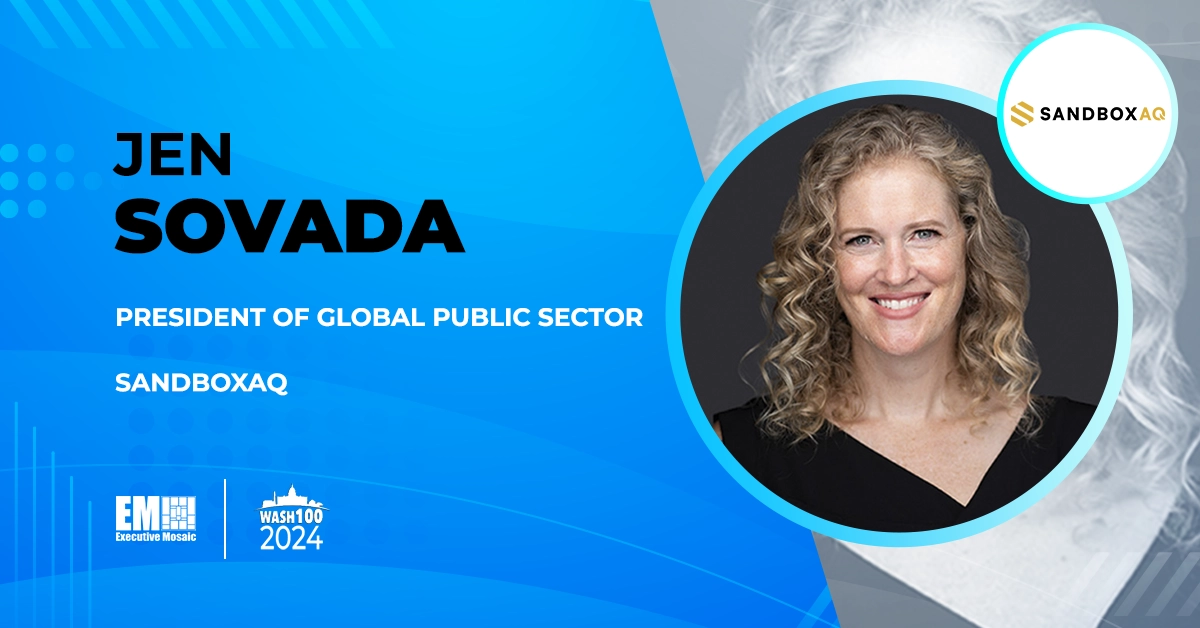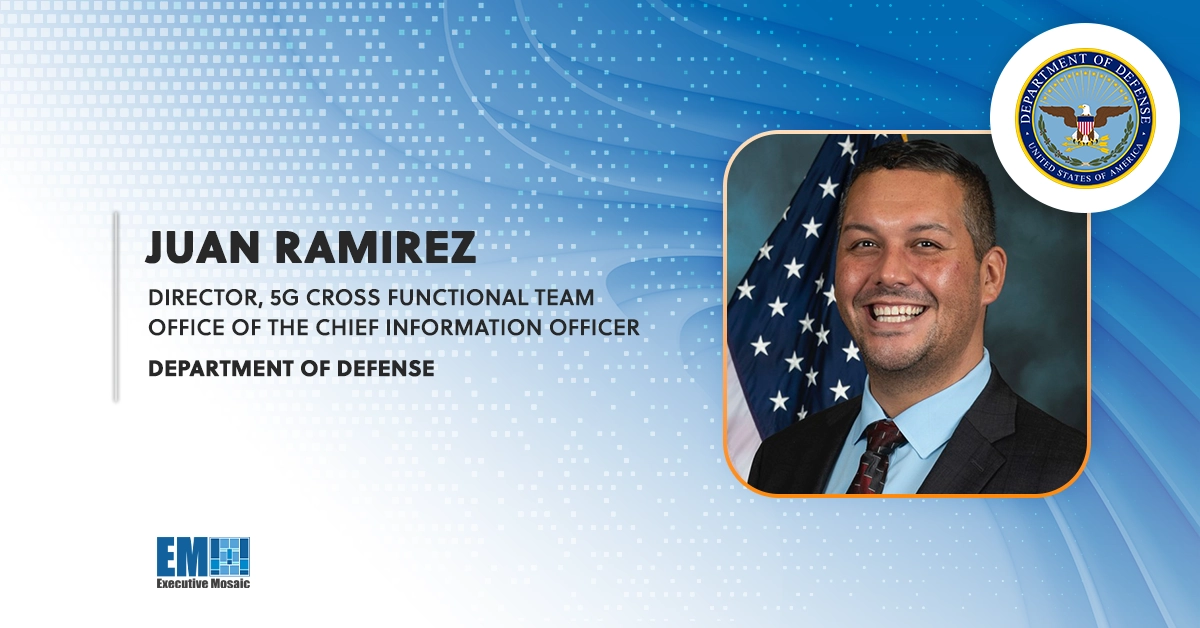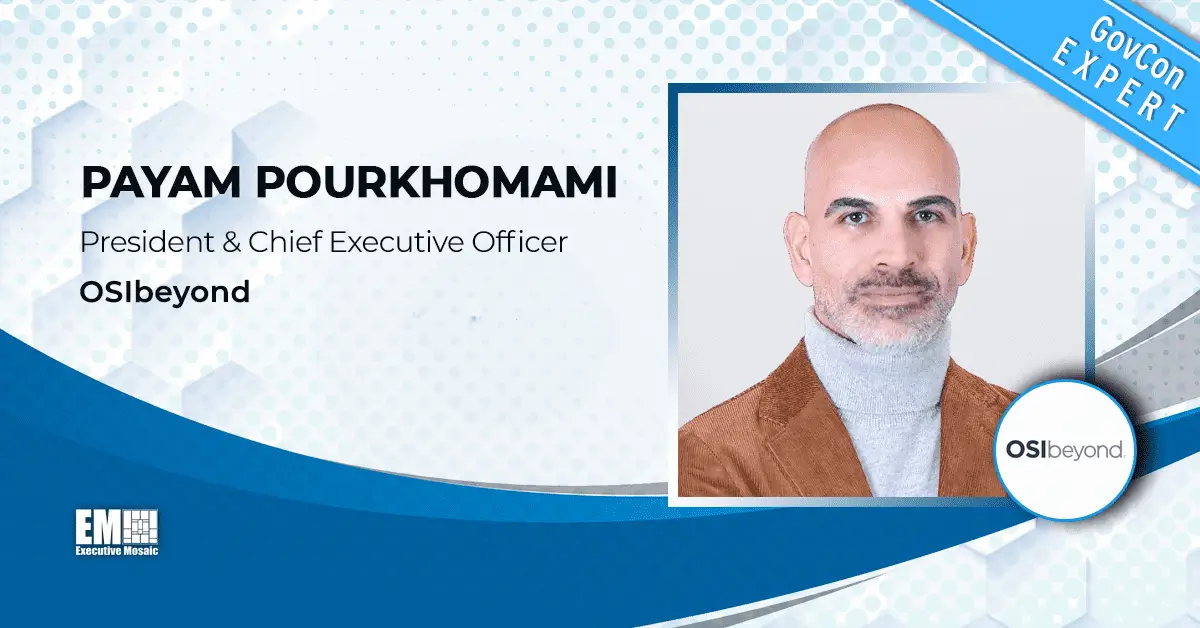The Government Accountability Office is responsible for yearly financial sweeps of all federal agencies. In July 2023, GAO appeared in front of Congress to attest that the Department of Defense needs to put processes in place to receive better results in these annual audits. As of now, the DOD is the only major federal agency that has never earned an unmodified or clean audit clearance, says Eddie Coney, principal audit lead of business and information technology solutions at CACI.
Coney led a Potomac Officers Club roundtable about government audits, the Challenges and Best Practices to Achieving Audit Readiness in the DoD Forum, on Monday, where he spoke with representatives from the DOD and the private sector. The participants talked through explanations for DOD’s audit struggles and potential paths forward.


Despite the DOD’s spotty overall audit history, the Defense Agencies Initiative, a financial management platform effort within the Defense Logistics Agency, has received its seventh consecutive clean audit. Tom Moslak, DAI’s audit lead, says this is “no accident,” and shared that a big part of gaining top marks with the GAO is having information easily accessible and creating the perception of organization and control.
“Audit opinions are not hard-based, scientific, binary yes-or-no questions. They are the feeling an auditor gets over an entire audit cycle,” Moslak submitted.
An exemplary organization ought to show that it is “aligned to control objectives, to demonstrate the control of the system, to explain to auditors how specific functions meet required activities to inform and create a sense of confidence in the control environment over the system,” he continued.
Todd Baker, director of the U.S. Air Force’s accounting configuration, the Defense Enterprise Accounting and Management System — a.k.a. DEAMS — stipulated the differences between DEAMS and DAI, which are mostly due to the complexities and size of the Department of the Air Force.
“The Air Force not only provides the DEAMS application to its supported organizations like U.S. TRANSCOM…we provide the airmen, the feeder systems and policies to processes,” Baker explained.
Nonetheless, despite the expanse of DEEMS’ commitments and involvement, it has successfully moved from an adverse audit opinion to a modified opinion from GAO. Baker said the program is trying to retain a sense of unification, a “one program approach…so that we’re always ready to face the auditors or our customers.”
Such unification is nearly impossible to achieve across the DOD however, per Jacqueline Benningfield, director of Program Analysis and Financial Management at U.S. TRANSCOM. Getting the different components all on the same page, from the enterprise level to the local level, is a massive roadblock.
“We’re committed to transparent financial reporting, aligned with the National Defense strategy, but in practice, that’s very difficult to do and achieve an opinion on,” Benningfield admitted.
This is especially true when one considers the commercial entities TRANSCOM and the DOD collaborate with, she said.
“[The commercial aspect] adds some complexity to our business processes, systems and financial reporting. While that partnership makes us strong, it adds another layer to trying to get a clean audit opinion,” Benningfield continued.
The other private sector voice on the panel in addition to Coney, Crowley Government Services Logistics Information Technology Subject Matter Expert James McHale, added that a difference between the private sector and the DOD is that the former actively tries to minimize materials it has on hand. Conversely, with the DOD, “it’s often more important that you not run out of something important, than you minimize the cost for maintaining it.” This could account for potential surplus and for unexpected cost that might be a sticking point in an audit.
Looking to the future, Moslak said the audience should expect artificial intelligence to be implemented department-wide in order to help unify the Pentagon and prepare it to one day receive its desired audit result.
Continue the conversation at the Potomac Officers Club’s hotly anticipated 5th Annual Artificial Intelligence Summit on March 21, which will feature a number of notable speakers from the DOD discussing how they’re integrating the technology to expedite processes. Register here now!










